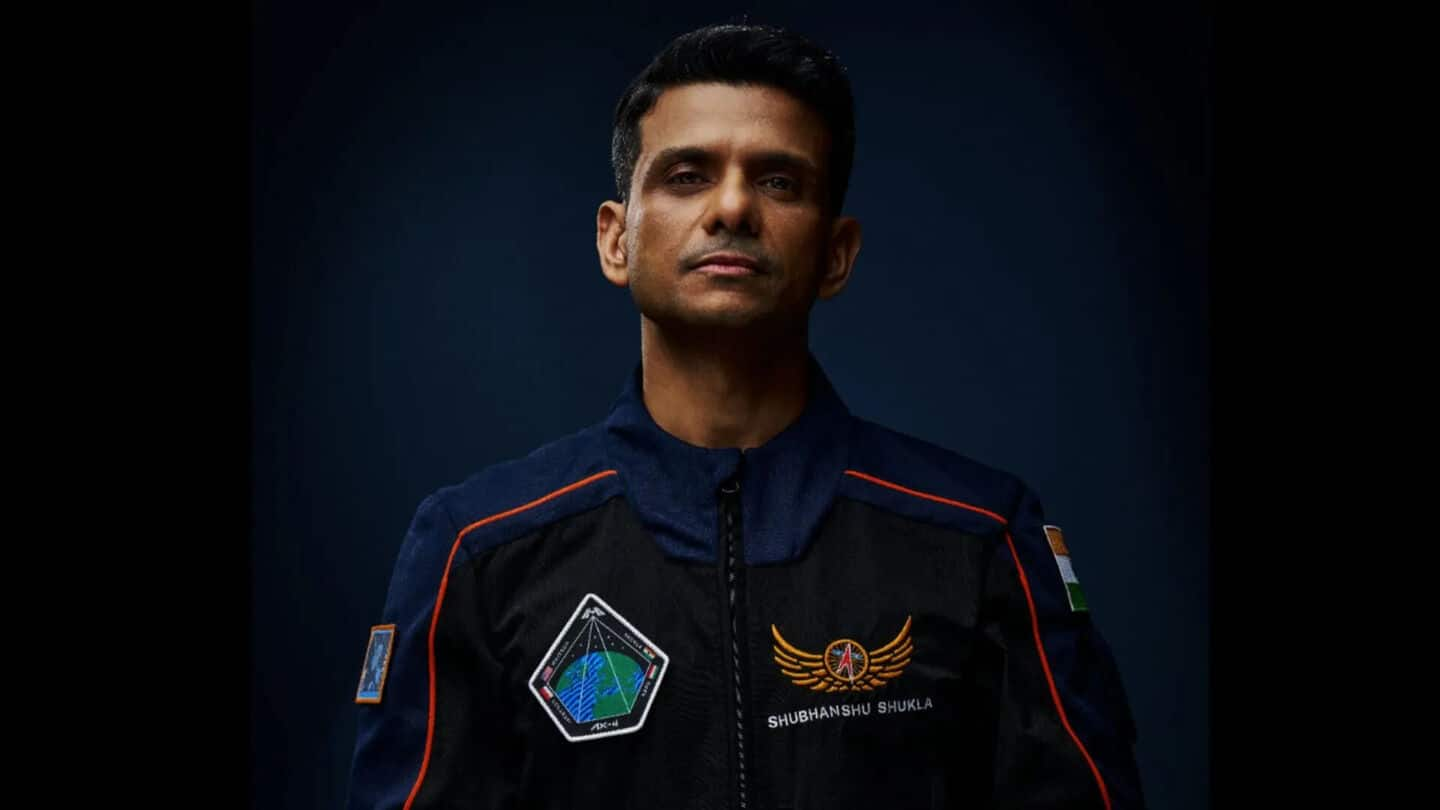
40-years since Rakesh Sharma—Meet Shubhanshu Shukla, India's next space icon
What's the story
After a 40-year hiatus since Rakesh Sharma's historic spaceflight, India is poised to mark a significant milestone in its space exploration journey.
Group Captain Shubhanshu Shukla of the Indian Air Force is set to become the first Indian astronaut to visit the International Space Station (ISS) in May 2025.
The journey is part of Axiom Mission 4 (Ax-4) and will see Shukla join former NASA astronaut Peggy Whitson and astronauts Slawosz Uznanski-Wisniewski from Poland and Tibor Kapu from Hungary.
Mission details
Shukla's journey to the ISS
The upcoming mission marks a major milestone for India in space exploration.
"Group Captain Shukla's journey is more than just a flight - it's a signal that India is stepping boldly into a new era of space exploration," Union Minister Jitendra Singh said.
The Axiom Mission 4 (Ax-4) will also mark the first ISS stay for astronauts from Poland and Hungary.
Shukla will fly aboard SpaceX Dragon spacecraft, which will be launched from NASA's Kennedy Space Center in Florida.
Astronaut profile
Shukla's background and training
Shukhla, who joined the Indian Air Force in 2006, is a combat leader and seasoned test pilot with over 2,000 hours of flight experience on various aircraft.
He was selected as one of the astronauts for India's maiden human spaceflight mission Gaganyaan in February 2024.
His training at Yuri Gagarin Cosmonaut Training Center in Moscow was part of his preparation for this mission.
During the ISS mission, Shukla plans to conduct scientific research, educational outreach, and perform yoga in microgravity.
Future missions
India's ambitious plans in space exploration
India's space sector has witnessed tremendous growth over the last year with successful missions such as the Chandrayaan-3 lunar landing and Aditya L1 Solar Mission.
The country plans to conduct two crewed space flights by 2028, with an expanded budget of $2.32 billion.
The Gaganyaan project aims to demonstrate human spaceflight capability by launching a crew of three members into orbit for a three-day mission and safely returning them back home.